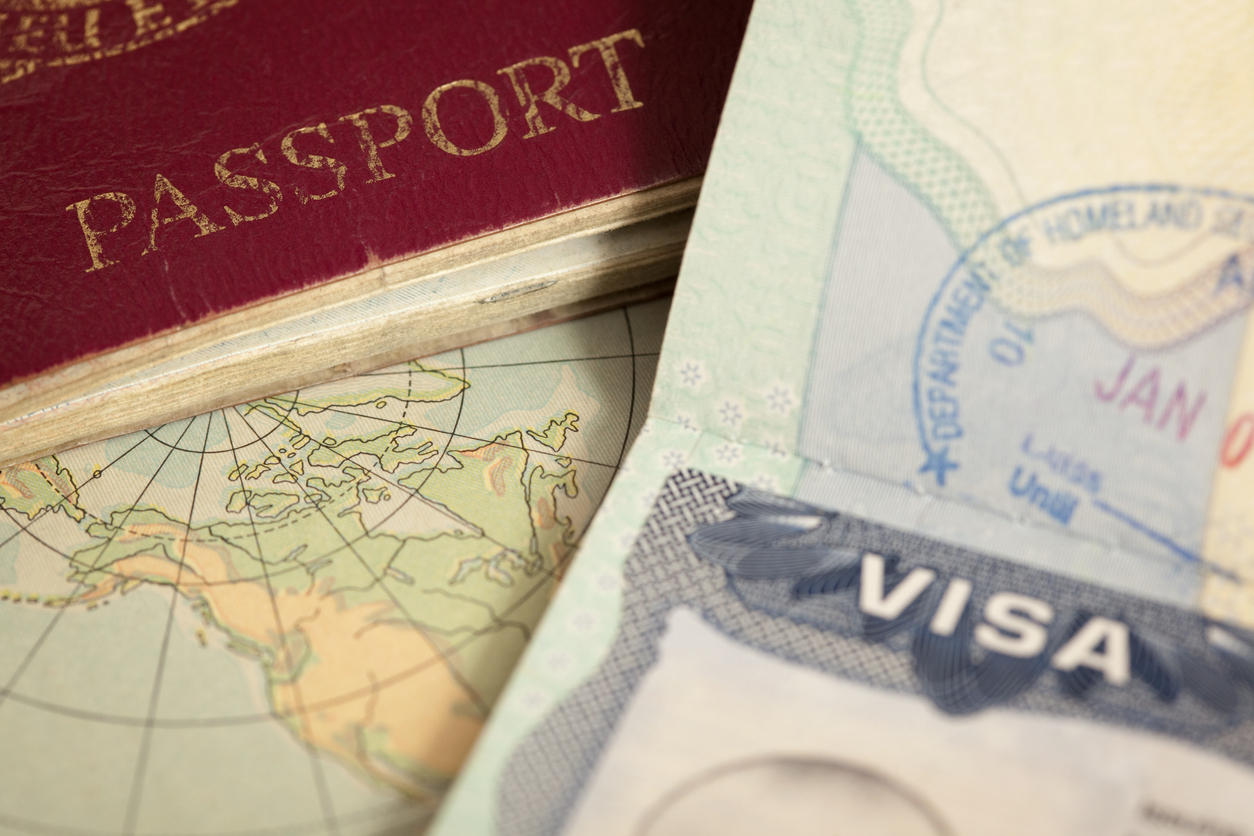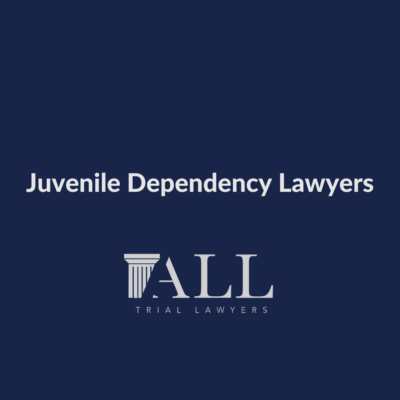Before hiring an au pair, there are several things you need to know. This article will learn about Au Pairs’ visa and travel restriction updates, the Costs and Steps to Apply for a J1 Visa, and the Requirements for a DS-2019 form.
All about visa and travel restrictions for au pairs.
There are several issues to consider before hiring an au Pair. These include whether the Au Pair is subject to travel restrictions, and if so, what are they? In addition, the U.S. Department of State regulates agencies to ensure that they are appropriately selected, screened, and trained. These policies and procedures help avoid surprises, such as sudden changes in travel plans.
The CDC has established a series of public health precautions that foreign citizens must follow. These precautions can include taking a drug test, using a mask to prevent contact with other people, and getting immunized within 60 days of arrival. In addition, au Pairs may also need to undergo a criminal background check and a drug and alcohol test before their arrival.
Steps to get a J1 visa
An au pair’s first step in obtaining a J1 visa is to apply for one. An au pair’s application involves identifying a sponsoring agency, completing Form DS-2019, and paying visa fees. Once approved, the au pair will need to attend an interview to receive the visa. However, even if they pass the interview, they must still have the proper documents to obtain the permit.
After applying for a J-1 visa, the au pair must go to the consulate and submit Form DS-7002 (Training/Internship Placement Plan). This form aims to explain to the consular officer the specific goals of the program and how the Au Pair will benefit the host family. After returning home, the Au pair must also provide information on their intended role. The processing time of a J-1 visa can vary depending on several factors, including the host organization and consulate. Consult with an immigration attorney for more information.
Costs of a J1 visa
The costs of a J1 visa for au pairs include the fees to the sponsor agencies, U.S. Department of State, and home country agency. The prices support recruitment, education, training, and screening. The host family pays the fee to Go Au Pair. Fees to DHS are also included in the fee paid by the au pair. Once processed, Form DS-2019 is issued to the au pair.
The cost of a J-1 visa varies from sponsor to sponsor. Many government-funded programs charge a fee, but federally funded programs do not. Some prices are the same regardless of the sponsor, including travel expenses to the U.S. consulate. If you plan to return to your home country, you must factor in these expenses. For the first two years, you must pay a fee for SEVIS.
Requirements to get a DS-2019 form
For an au pair to work in the United States, they must have a valid DS-2019 form. This document represents their legal status to work in the country for the first year of their program. After that, they must apply for a new J-1 visa when the program ends. The only exception is if the country’s J-1 visa has expired.
To fill out a DS-2019 form for au pairs, applicants must first select an agency to sponsor them. This sponsor is a company or organization that will ensure the au pair receives proper training, participates in an au pair program, and monitors the au pair’s participation in the program. After selecting a program and sponsor, the au pair must complete the Form DS-2019, pay the fees, and attend a J-1 visa interview.



